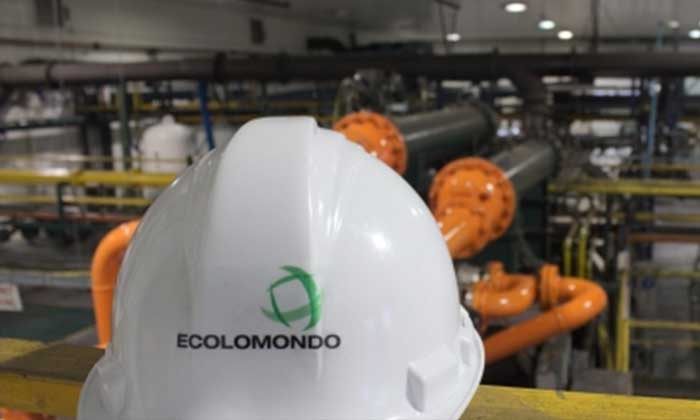Tires expert Howard Colvin answers questions about tire recycling industry challenges and expected developments
Smithers – a global leader in rubber, plastics and polymer testing and market reports – spoke with tires expert Howard Colvin, author of Smithers’ latest report The Future of Carbon Black vs. Silica in Tires to 2027, about the challenges facing the tire industry and expected developments.
Howard Colvin has many years of experience in the tire industry with 22 years at Goodyear and 12 years with Cooper. At Cooper he worked in the Advanced Technology group and led Cooper’s consortium of academia, industry and government to develop a guayule concept tire. Howard is the 2021 Melvin Mooney Distinguished Technology award winner for exhibiting exceptional technical competency in rubber science and technology.
Q: What are the major trends affecting the global carbon black and silica markets?
Sustainability is becoming a more important concern for tire manufacturers, and this is reflected in the new product offerings of both HDS and carbon black manufacturers.
Silica manufacturers are improving their sustainability by offering products made from rice hulls, which have a more environmentally friendly footprint than the reagents typically used.
Carbon black manufacturers are also exploring new more sustainable raw materials including recovered materials from waste tires.
Q: What are the main challenges facing the industry?
Capacity is a major challenge for carbon black and silica manufacturers. New silica plants and upgraded carbon black facilities are ramping up or expected to come on stream during the reporting period and will increase capacity in several areas of the world, but especially in the Asia-Pacific region where the CAGR is almost 9% for HDS and 4.1% for carbon black.
Tire sustainability in terms of wear is tied to carbon black and silica usage. The largest single effect that fillers have on tire sustainability is rolling resistance, and silica easily wins this competition. Silica, however, cannot be used effectively in all areas of the tire or all tire types and carbon black will remain the predominant filler by volume.
The silica and carbon black industries have responded to the sustainability commitment by developing new products based on natural or recycled raw materials in addition to offering incrementally improved products.
The threat of 6PPDQ, a by-product of the antiozonant 6PPD, on sustainability is a challenge for tire makers along with how fillers may influence the required 6PPD levels in certain parts of the tire.
Governments are supporting major R&D projects to further the tire pyrolysis oil approach as a part of improving tire sustainability.
To learn more about the topic, visit Smithers’ website.
Weibold is an international consulting company specializing exclusively in end-of-life tire recycling and pyrolysis. Since 1999, we have helped companies grow and build profitable businesses.









